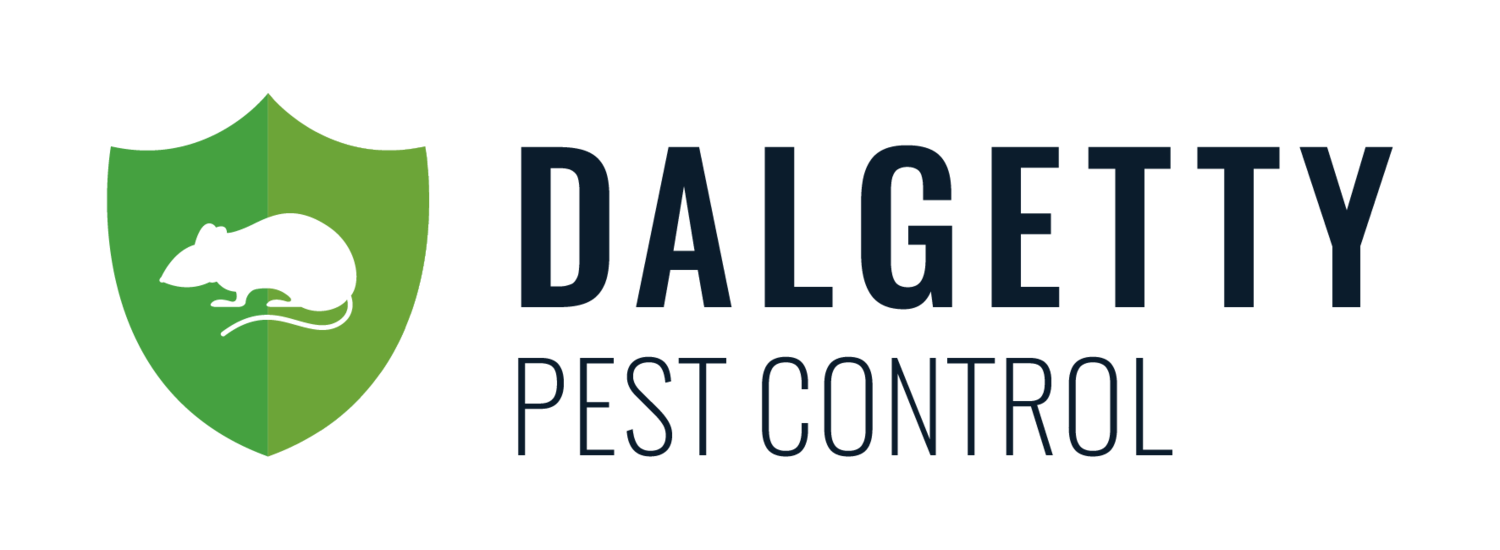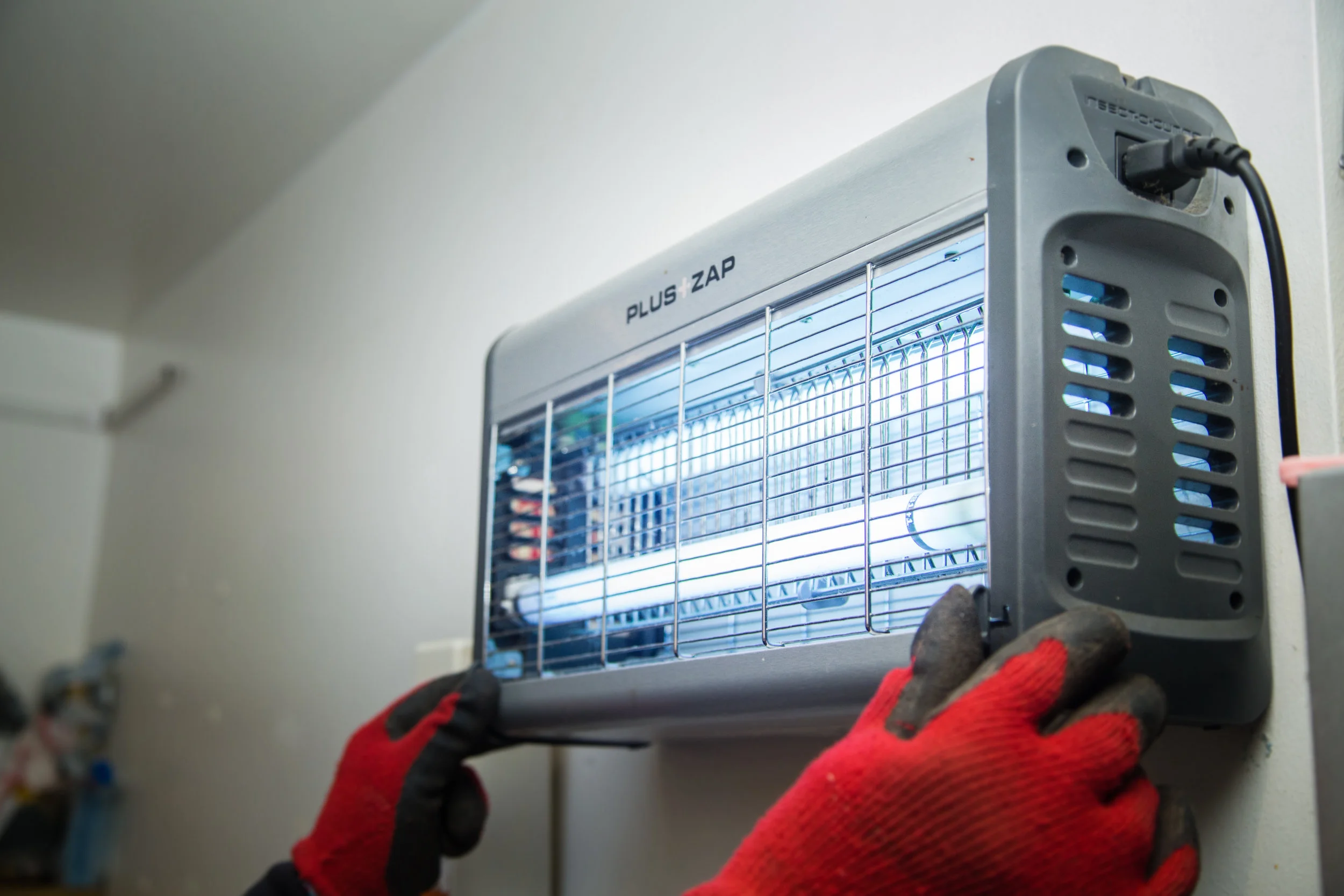DIY vs Professional Pest Control within the Food Industry
/Whether you are currently experiencing an infestation or are purely looking to put preventative procedures in place all you want to do is be able to continue running your business safely without impacting costs or have fear of damaging your reputation.
Why is pest control important?
This should be pretty obvious but for but anyone in any doubt, it’s important because your customers want edible food that will not make them sick. Pests carry harmful bacteria that can contaminate foods and cause illness, these can be passed into the food via contact with their hair, faeces and urine.
Pests can also cause huge damage to the structure and fabric of your premises, whether its chewing at electrical wires, scratching at walls or birds on roofs building up toxic bird waste that can disintegrate sections causing leaks internally.
The Regulations
There are two key food hygiene regulations under which UK food businesses must obey:
- Regulation (EC) 178/2002 of the EU parliamentsets out the principles and requirements of the food law, covering all stages of food and feed production/distribution. Article 14 in particular tackles the problems of unsafe food and goods that are unfit for human consumption
- Regulation (EC) 852/2004, this regulation requires business to identify and mange the risk associated with their operation through appropriate food safety management controls.
Everyone involved in the food industry should be aware of the importance of good hygiene practices and the need to handle food in a safe, clean environment. Article 5 of the 852/2004 regulation stipulates that procedures should be based on HACCP Principles.
CookSafe helps catering businesses in Scotland understand and implement HACCP- based systems that will fit their needs, to download their booklet click here :
Inspections
The word ‘Inspector’ brings fear to most peoples minds, but if you have the right practices in place you have nothing to worry about when they turn up unannounced.
Inspectors are there to check that the food your produce is safe enough to eat. They do this by checking your:
- Premises
- The food you make
- How you work
- Food safety management systems
In order to follow the HACCP principles you should complete the pest control house rules, which form part of the CookSafe documentation. Regular monitoring must be recorded and kept upto date not only to give you peace of mind, but also to provide evidence of control systems in place when inspectors come to visit.
Prevention first
When pulling together your pest control plan, it is best to think of prevention first and you can do this by considering ways to minimse entry into the premises. For example:
- Mesh screen attached to air vents
- Sealing holes into the premises
- Keeping floors, walls, roofs and window openings in good condition
- Fitting drain covers
- For windows and doors that open directly into food preparation areas, screens must be in place to stop flying insects gaining access
Three key pest threats in the food industry
Flies
When a fly lands on food, equipment or a work surface it causes contamination. Flies carry disease, spreading a range of bacteria including salmonella, typhoid, E coli and parasitic worms. These are carried on their body hairs, the pads on their feet, their faeces and in the saliva they give out when feeding.
Electric Fly Killers
You’ll see these in most kitchens, the UV lights attract the flying insects first and then the electric grill kills them. The position of these is important, firstly don’t put them anywhere visible to outside as they may actually draw flies into your premises, secondly don’t put them above a food preparation surface as a fly may fall from the catching tray into the area below, consider airflow from air conditioning or heat services and finally the optimum height is around 2m.
Ideally they should be positioned between the source of access (door/window opening) and the food preparation area – the closer to the opening the better.
UV lights need replaced every 12 months, they may still seem bright to the human eye however they will have lost their power to attract the flies making them a pointless wall accessory.
These should be cleaned and maintained every 6 weeks getting rid of debris, with records made to show insect fatalities. If numbers remain high, investigation should be made into the source of the problem, ie: what is attracting them in to the establishment in the first place
Fly paper
In my opinion quite an unsightly object for the customer to see, secondly flies don’t always stick to the paper.
Chemical sprays
Do it yourself sprays should not be used as it could contaminate food supplies and preparation areas.
Rats and mice
Particularly a problem in winter, hospitality & food production establishments provide the perfect habitat for these rodents as they provide warmth, water and a constant food supply. They can wreck havoc by causing damage to your premises, as well as spreading disease through their droppings, urine and filth. For signs to look out for click here
Bait traps
Rodenticides (poisons) used in food processing facilities must be approved products, placed in secure bait stations and restricted to where food is not processed.
Considerations need to be made about where bait is stored, ensuring contamination is avoided with food products and the general environment- you have a duty to protect non-target species.
Non-toxic bait should be used during periods of monitoring, with toxic bait only used if a problem is identified. Expertise would be advised to decide which bait is required to get effective results and ensure monitoring and documentation is kept upto date.
Legislation has now been brought into force that means that rodenticides can only be implemented by trained and certified personnel, unless you are buying them at domestic level strength and volume.
Spring traps or break back traps
Where rodents might be taking up home in walls and floorboards rodenticides would not be advised as the poison takes a while to take effect, meaning that the rodent could be left to decay in hard to access areas, leaving a strong pungent smell after a period of time. In this case spring or break back traps would be advised, this kills the rodent instantly and is far more humane than a live trap where the animal could be left to become distressed – the question is also where to remove them too as it is illegal to put them on someone else’s property.
Birds
The most common bird pests in the UK are a pigeons, sparrows, seagulls and starlings. The real issue is caused when they are able to take up roost, fouling building fronts, entrances, waste areas and vennels. Their faeces are extremely acidic and can deteriorate a building structure if ignored. Problems around trade doorways are usually the problem and prevention procedures should be put in place.
Most birds, eggs and nests are protected by the Wildlife& Countryside Act 1981, meaning you can’t approach the issue in a cavalier manner. The best way is to put prevention systems in place outside of hatching time. Typical methods would be to place nets or spikes in positions above entrances or on the roof depending on the problem area.
The pros and cons of DIY over Professional pest control in a food industry environment
Pros
Short –term savings
Many establishments go straight for the DIY option as they see savings that could be made, purchasing solutions direct. However, that doesn’t necessarily mean that those solutions will be effective especially if you don’t take into consideration other impacting factors such as surrounding environment and type of pests.
You know what is where
As you put it in place, you know what treatments you have in place and where it is. This would also be the case with a professional pest technician too though, as they should provide a bait plan as part of their documentation.
You can choose your own methods
Within the parameters of food safety, you can choose the methods that you’d like to use in your establishment, the problem is that these might not always be the most effective and in fact might only mask a bigger problem behind the scenes.
You can fit it around your schedule
You can do it when you want, fitting it around your closed or quiet hours. The downside of this is that we are all guilty of forgetting about non-priority tasks and the to do list never seems to get completed – so is the time ever right to get the mundane pest control tasks done?
Cons
Experience & knowledge
Google is a great source of information, but it can be difficult to decipher what is the correct treatment for your specific premises. A professional technician is properly trained and will have the experience to tell you first hand what is required – giving you the reassurance that you will have control measures in place that will provide the optimum results.
It might not work
There can be many reasons why a DIY solution might not work; you are treating the symptoms not the source of the problem, wrong pests, not reading the instructions properly, underestimating the pest and underestimating the scale of the issue. A lot of this comes down to experience, but also being able to use professional strength treatment measures.
Misdiagnosis of pests
More often that not, you don’t actually see the pests themselves as they tend to be nocturnal. Therefore you are identifying the pest based on tracks or evidential signs such as gnawing at floorboards, droppings, opened food supplies. With years of experience behind them a professional pest controller will be able to detect your pest within minutes of being onsite.
Might forget to do it
A great saying is ‘You can do anything, but you can’t do everything’ so although you say you’ll keep up to date with pest control routines, will you get distracted by core business activities? By paying a professional pest controller, you know that you’ll get agreed routine visits and all documentation will be kept upto date.
Have to rely on staff
Perhaps you are delegating the task to other staff members to take care of on your behalf. At first it can seem like a pretty simple task, but it’s not just a quick tick box exercise. Do they understand the importance of taking pest control seriously? With an experienced pest technician you can have peace of mind that it is being taken care of professionally.
Not properly trained
Initially you can might invest in getting a set of staff trained, however the hospitality industry tends to have a high turnover of staff so the hidden cost is that you may have to invest in this over and over again. Poorly trained staff could actually be worse than not doing any pest control in the first place-for example incorrect use of chemicals, which could be hazardous to your customers through contaminated food supplies.
Are the savings worth it?
Perceived costs of professional pest control can be far higher than DIY however, this is often just a misunderstanding of your own costs. When looking to outsource any task we often forget to take into consideration our own time. Whether its bookkeeping, laundry or pest control these are all tasks that take you away from your core business priorities.
Professional pest control for a simple restaurant or café can cost as little as £40 per quarter, a food manufacturing establishment would be more like £145 per quarter. The question is whether your reputation and peace of mind is worth the price tag to protect your business in the long term. For more pricing information click here.
Still puzzled?
For more information on our hospitality services and to organise a call back to discuss your specific business needs explore our website here.





